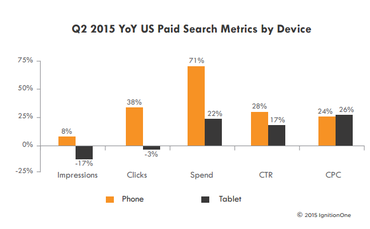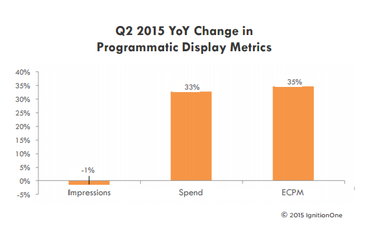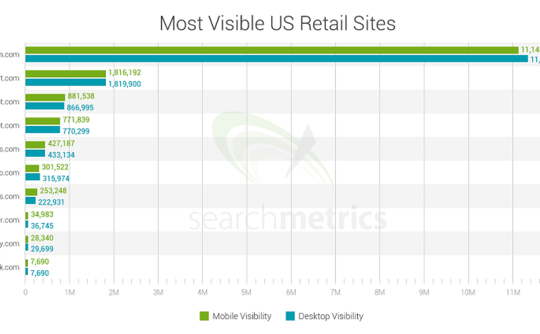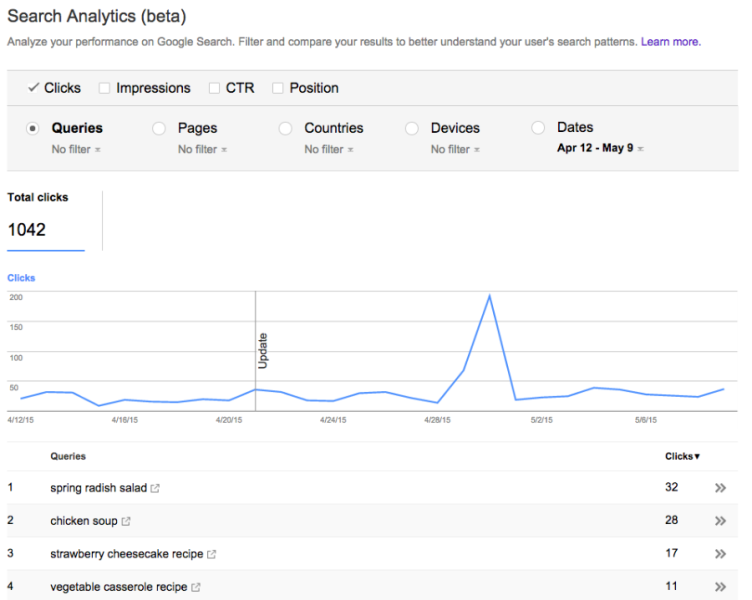
Google has confirmed it has released a Google Panda refresh over the weekend, over 10 months after the last update to the algorithm.
The latest refresh is unique from past updates as it went virtually unnoticed by webmasters until it was announced by Barry Schwartz. This is because it is being rolled out far slower than in the past. Previous updates were rolled out usually over a period of a few days or at most a couple weeks, but Google says this latest update could potentially take months to fully roll out, even on a site-by-site basis. However, as it is a site-wide algorithm, it will not be on a page-by-page basis.
Google was not willing to provide any information about why the rollout is being done so slowly.
Unfortunately, the slow rollout does not mean you can expect to make any last minute changes to save your site. It is too late to change your fate with Panda 4.2, although it’s always good to make any improvements you know are needed.
Schwartz also noted his personal SEO news site, which was penalized by Panda 4.1, does show an increase in organic traffic since the update. That means others who were hit by the last update may see small improvements as well.
The Panda refresh is expected to impact approximately 2-3% of queries, meaning it is a relatively small update.
While the refresh may be good news to webmasters who were impacted by 4.1, most people are less pleased – particularly by the slow rollout.
It may be months before we know the impact of the refresh thanks to the slow implementation, but, considering there hasn’t been an update since October of last year, it was past time for it to happen.














